EDITORIAL
Published on 11 Jan 2022
Editorial: Development and Application of Clostridia as Microbial Cell-Factories for Biofuels and Biochemicals Production
doi 10.3389/fbioe.2021.831135
- 1,668 views
- 1 citation
11k
Total downloads
48k
Total views and downloads
Select the journal/section where you want your idea to be submitted:
EDITORIAL
Published on 11 Jan 2022
ORIGINAL RESEARCH
Published on 08 Oct 2021
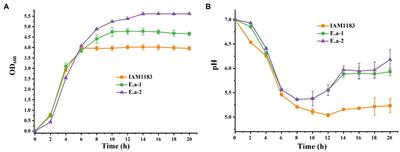
ORIGINAL RESEARCH
Published on 16 Jun 2021
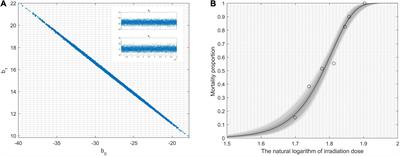
ORIGINAL RESEARCH
Published on 08 Jun 2021
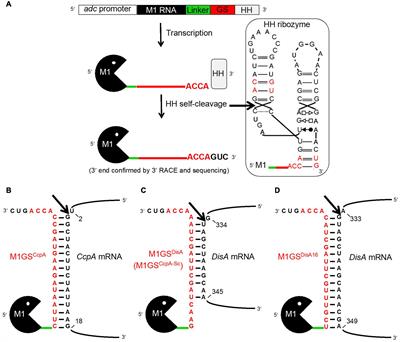
MINI REVIEW
Published on 07 Jun 2021
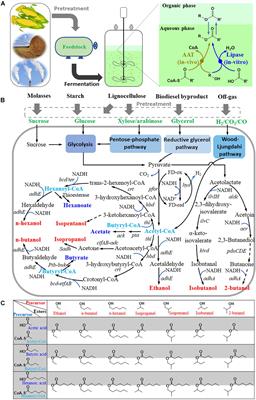
REVIEW
Published on 03 Jun 2021
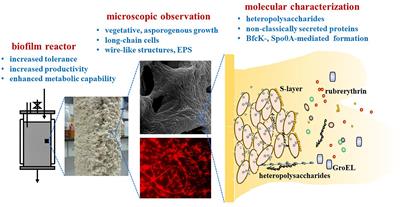
ORIGINAL RESEARCH
Published on 13 May 2021

ORIGINAL RESEARCH
Published on 12 Apr 2021

ORIGINAL RESEARCH
Published on 12 Apr 2021
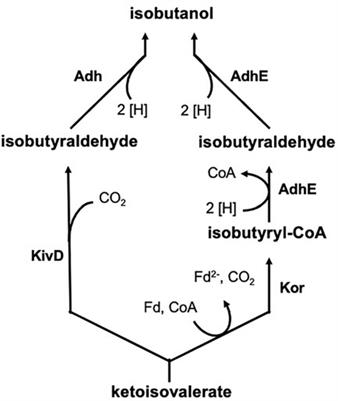
ORIGINAL RESEARCH
Published on 03 Mar 2021
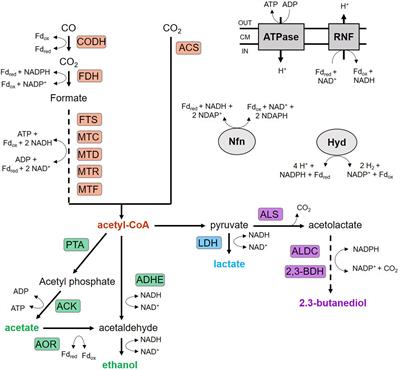
ORIGINAL RESEARCH
Published on 04 Feb 2021
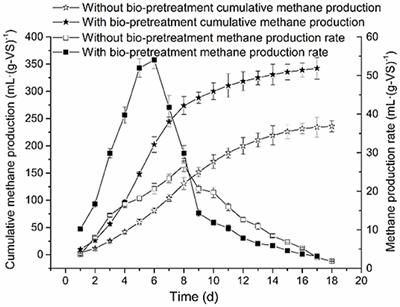
ORIGINAL RESEARCH
Published on 18 Dec 2020


Frontiers in Energy Research
Frontiers in Microbiology